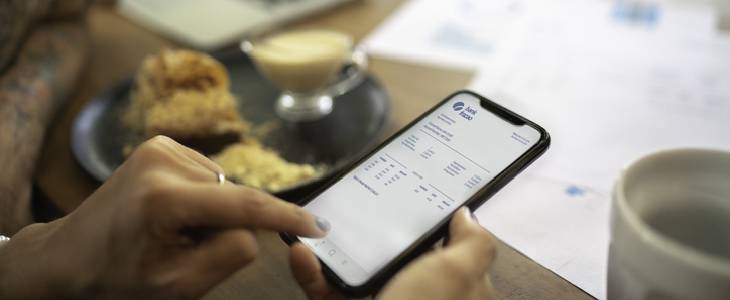A Minnesota Estate Planning Lawyer Explains Why This May Not Be Achieve Your Goals
I recently met with a client who informed me that her daughter had financial power over her matters. ”You mean she has a power of attorney?” I inquired.
She responded that “No. She has signing authority on my accounts.”
After several more questions I discovered that her child was a joint account holder on mom’s checking and savings accounts. My client explained that she added her child to the accounts to ensure that someone could handle her financial matters in the event of incapacitation. She further explained that her desire was the child could use these accounts while Mom was alive and then at death the assets would go into her estate and be evenly divided among her 4 children.
Unfortunately, that is not how joint bank accounts work.
Joint bank accounts have become a common way for those caught in the sandwich generation to ensure their ability to handle the financial matters of a loved one. They are also the method of choice for many unmarried couples to attempt to mirror the financial rights of their married counterparts. For instance, when one half of a married couple dies, the surviving spouse will be granted the right to any money remaining in a bank account held only in the name of the deceased spouse. The same happens upon the death of a joint bank account holder.
While joint bank accounts are an answer to problems associated with lack of access to another’s bank account, they may not be the best answer.
Problems with Joint Bank Accounts
The following is a list of problems associated with adding someone to your account.
That person now has all of the same rights to that money as you. They can write checks, withdraw money and use it for any purpose without your permission or ability to get it back.
Upon your death the money in that account will go directly to the joint account holder. You may not change this by using a will as joint title holder with always trump your will. Remember that a will is only used for those assets that are titled only in your name or where the court needs to assist in determining the rightful owner.
Creditors may come after the bank account for any debt owed by anyone on the account. So, if you open an account with your child or partner, and he/she defaults on a loan, the creditor may come after this account regardless of whether you had anything to do with that loan.
The Solutions
A Power of Attorney. Simply adding someone to your bank account may seem the simplest action to take – right now – but it can lead to the above-listed problems. A simple way for my client to grant someone access to her financial matters is to execute a valid Power of Attorney. Mom may then be assured that someone has the ability to handle her bank accounts, bills and government benefits but without the drawbacks listed. As noted in my earlier series on Powers of Attorney, the POA ends at death. So, upon Mom’s death the money in those two bank accounts will be included in her estate and may be evenly split among her children.
A Trust. A trust will take care of the majority of these issues with only a bit more hassle. Mom may set it up so that she is the trustee of her trust until incapacity or death at which time her daughter takes over as trustee. This allows for a seemless transition whereby the daughter has the ability to handle Mom’s financial needs and manage any assets within the trust. If Mom recovers, she will again become the trustee over her own trust. If not, the successor trustee takes


